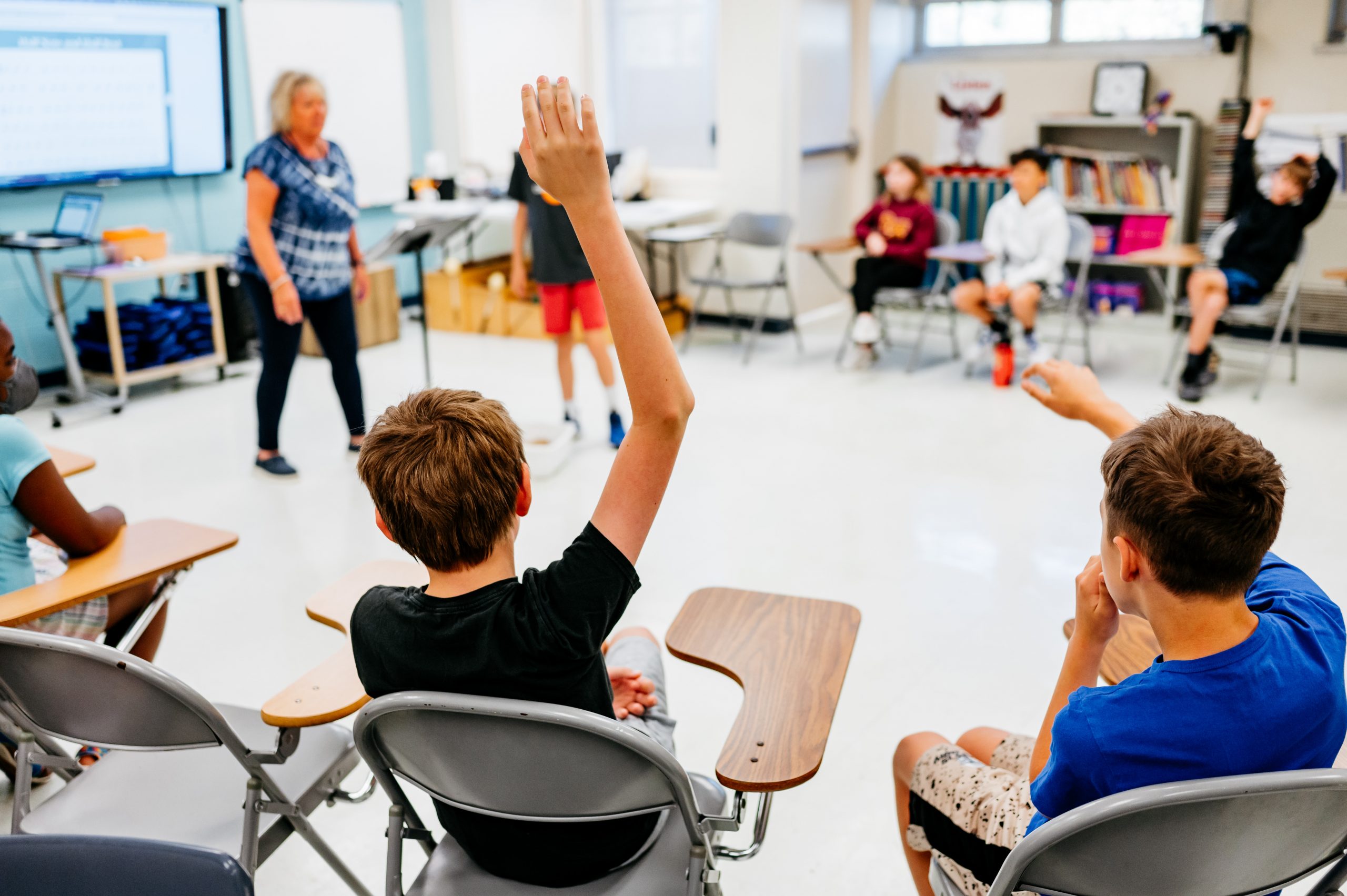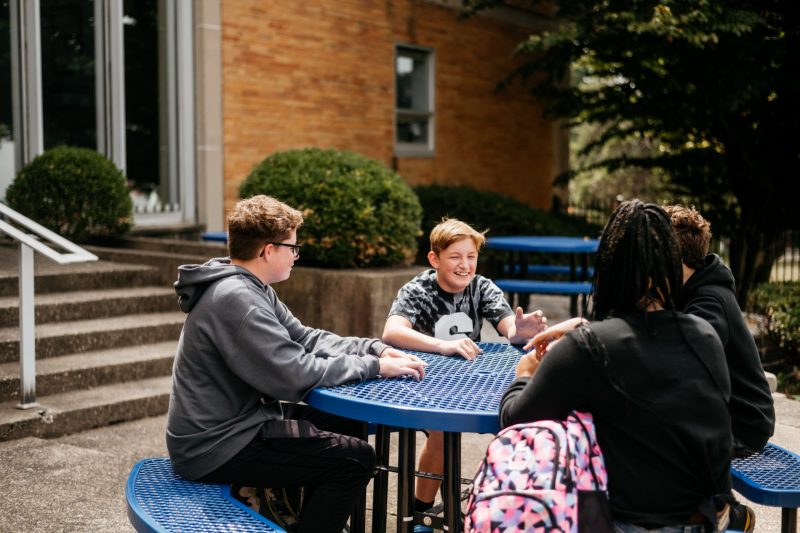
I Do, We Do, You Do
December 18, 2023
Wishing you many happy conversations in the new year!
January 3, 2024





Common among parents of children with learning differences are concerns about self-esteem.
Parents see their intelligent children and teens struggle in comparison to their peers and witness the wear and tear it has on their self-image.
One of the goals parents communicate most to Springer staff during initial conversations is for their children to become more self-confident academically and socially. We all want to see the young people in our lives value and believe in themselves! But how can we help?
Here are a few of the things we do at Springer to help develop confidence. You can try these at home, too!
In addition to these tips, consider taking advantage of environments with adults that understand learning differences whenever possible. Well-meaning adults in systems that don’t take into account the neurological differences associated with learning disabilities often reinforce negative habits.
As students build their confidence and learn to become self-advocates, they will build independence and be able to navigate difficult environments more confidently, use helpful strategies and seek extra support as needed.
And, while you can’t always control your child’s surroundings, you can do your best to support self-esteem and create a supporting environment in your home.
For more on building confidence in children, check out this article from the Child Mind Institute.
